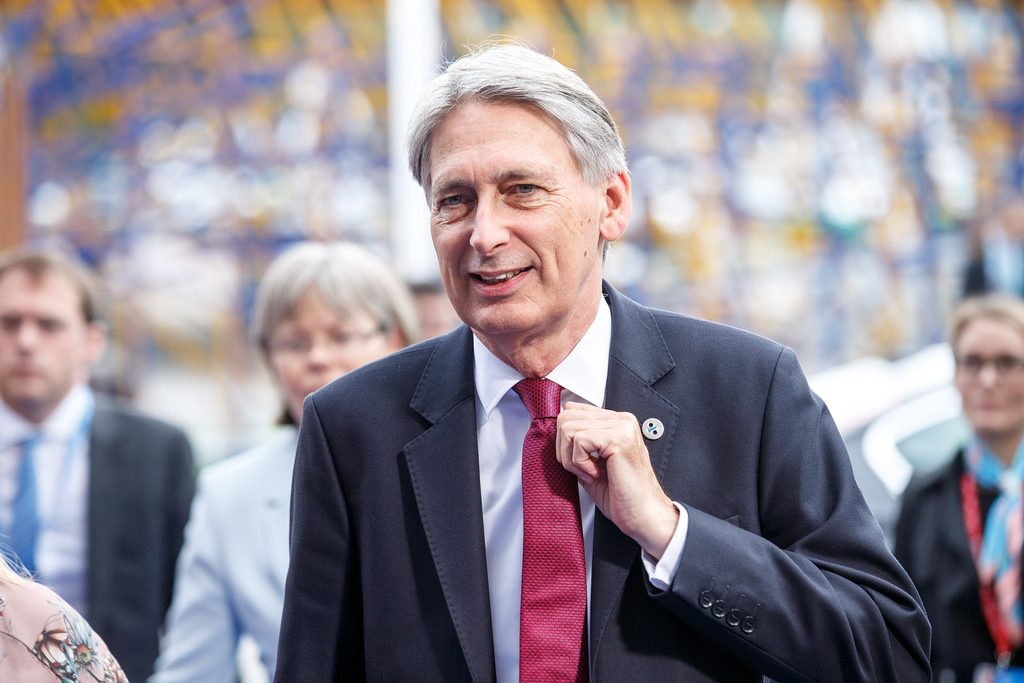If you missed yesterday’s headline, it was basically a collective groan at the fact that yet again, we were debating whether Brexit could really fund £350m a week to the NHS.
What it means: The PM announced on Monday she wanted to increase the NHS budget to £394m a week, with half of it coming from money we’d saved by leaving the EU. Economists weren’t so sure that’d work - read why here.
Today, the topic of the town is where the second half of the money comes from. Philip Hammond, the chancellor, said funding it means he won’t have any money left for schools, prisons, defence, etc. That means the government’s got to either borrow more money from the central bank or increase taxes.
Thing is, the Conservatives promised in their manifesto to reduce taxes on businesses, working families, corporations, and VAT - oh, and to get rid of the ‘deficit’ by the mid-2020s, which means closing the gap between what Britain borrows and what it earns... so unless they break (at least) one of those promises, they’ve not got a lot of options.
The only other hope is that the country becomes more productive as a whole between now and when the budget comes out in Autumn (i.e. we have more ‘economic growth’) - given tax rates are generally percentages, the higher the total value of the goods and services we’re producing, the more comes back to the government in tax. Fingers crossed for Phil.




